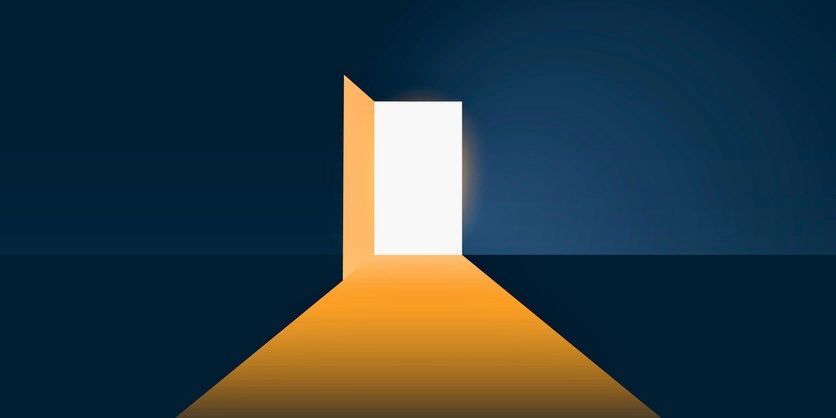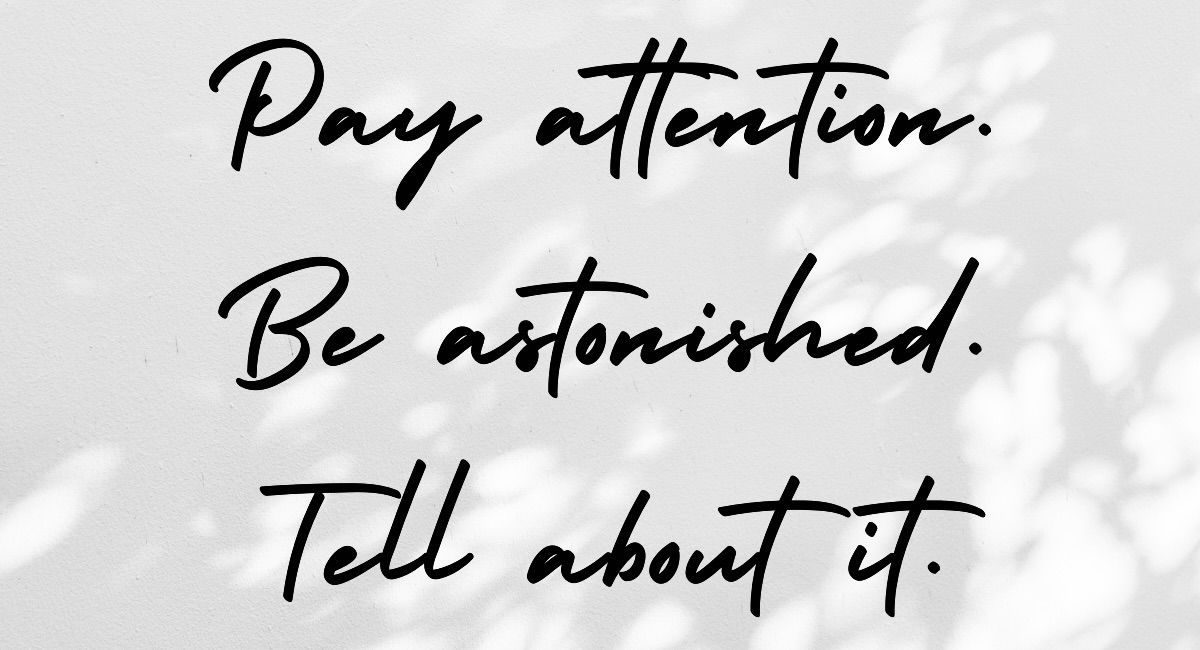Hope Is a Decision
September 13, 2025
Sign up for blog updates!
Join my email list to receive updates and information.


It comes as no surprise that a July poll
finds most of us have lost faith in the American dream. Seventy-five percent of Americans see little hope for improving their economic status and nearly seventy percent say the idea that “if you work hard, you will get ahead,” no longer holds true, or never did.
So at a recent Zoom gathering of my Healing Verses
workshop, we took a look at how poetry might help. This is precisely what poetry does – help us make sense of life. What we found was eye-opening and encouraging.
For starters, I could find precious few poems that focus on hope. I was damned if I was going to spend an hour rehashing Emily Dickinson’s paean to "the thing with feathers / that perches in the soul."
So I decided to write my own poem:
There Are No Poems about Hope
By Peter W Yaremko
The assignment was to bring a poem
about hope to class. But I couldn’t find any.
Not one. Not anywhere among the labyrinth
that is Google. ChatGPT let me down
as well as Claude.ai. Even Poem Hunter.
We must be so full up of hope there’s no need
for poets to suffer for it or sing of it.
Such a sissy word. A girl’s name, for Chrissake.
No wonder poets don’t bother with it.
“Do not go hopeful into that good night?”
No. Doesn’t work.
Could it be we don’t know what hope is?
We pray for faith, hope and charity all the time.
Faith and charity I can understand. But
what do we hope for? Maybe we shouldn’t
hope for, or hope that, or hope if. Just simply
hope. Or just simply change hope to dream.
Hope has had many definitions through the ages, and philosophers and psychologists have had a lot to say.
One constant is hope's fundamental connection to our ability as humans to project ourselves into imagined futures and find meaning there. In other words, to dream.
Which is why writer Ilia Delio defines hope as “the main impulse of life.”
Legendary author Fyodor Dostoevsky chimes in with: "To live without hope is to cease to live."
Mark Twain is his usual blunt self: "Without dreams and goals there is no living, merely existing, and that is not why we are here."
And Langston Hughes, the great voice of the Harlem Renaissance warns:
Hold fast to dreams,
for if dreams die,
life is a broken-winged bird,
that cannot fly.
To my way of thinking, the concept of hope that checks all the boxes and puts further debate to rest is this one by French philosopher Gabriel Marcel: “The essence of hope is not to hope that . . . but merely to hope. The person who hopes does not accept the current situation as final.”
Václav Havel, the poet who became president of the Czech Republic, says much the same thing: “Hope is not the conviction that something will turn out well, but the certainty that something makes sense regardless of how it turns out."
During the writing period of the workshop, participants created poems that heartened me, and I hope will uplift you:
Parens Patriae
By SJ Harrold
The day I slugged my father was uneventful as I recall.
I must’ve done whatever a thoughtless boy does
to someone, or something or,
perhaps I did nothing and that was the sin.
In my tiny room, hearing his heavy steps
stomping down the hall, closing in.
Another beating penciled-in from loving dad.
Crashing through the door,
thick fingers stabbed my puny chest
and his lips peppered foamy spit.
Untethered,
my pot melted.
A robot fist punched him
square in his fleshy jaw.
He played the stunned mullet,
bulged eyes and gaping mouth,
dropping to the floor
like a sack of whatever.
A damaged chip ripped off the flawed block.
The parched apple finally dropped from the hoary tree.
Perfect harmony.
Amidst the circus bear dance
my reptile brain fired.
Enveloped in shame,
I fell back, defenseless.
He pummeled away to my crocodile tears.
We knew no better.
I still grieve that.
Life and death in September
By Paul Bumbar
September 3, 1939, Sunday morning in Buffalo, NY,
In a wood frame, rented house on Timon Street,
Sophia Bumbar gave birth to me her third child ( second son )
in the same bed she and my father had been sharing
for the over three years since their wedding.
My life – as with most – begins in love and life goes on.
September 3, 1939, that same day,
the “war to end all wars” was reprised
as England and France declare war on Germany and World War II begins.
Death and destruction for six years.
Worldwide, up to 80 million people – soldiers and civilians - will die.
September 3, 2025, 80 years after it had begun,
thousands in Tienamin Square commemorate the end of the war
with dictators reviewing marching military and rolling weapons of destruction,
all the while professing peace, but the drums of war go on,
and so do birthdays.
Assisted living
By Tina Peel
Leaning over his walker
Glasses slipping down his nose
He slowly navigates the pathway
Over to the garden that reminds him of his youth
There, he keeps watch
as he did long ago
Weeding
Watering
Muttering
Expecting sweet corn to come
From a plant that’s mostly stalk right now
“A couple more weeks, or maybe three,”
he guesses
And as each day passes, he waits
As a wad of silky golden thread
Lures him into believing
That yes,
That sweet ear of corn will come
A millennium ago Japanese poetess Izumi Shikibu found cause for hope in the moon beaming through the broken roof of a desolate house. It was about the year 1000 when she wrote:
Although the wind
blows terribly here,
the moonlight also leaks
between the roof planks
of this ruined house.
And today, poet Alexandra Vasiliu offers this advice:
Never empty your heart of hope.
Try to copy the moon
because on her lowest days,
a crescent moon starts to rise.
So, my darling,
imitate the moon.
It all comes down to this: hope, like faith and love, is an act of will power . . . a decision.
